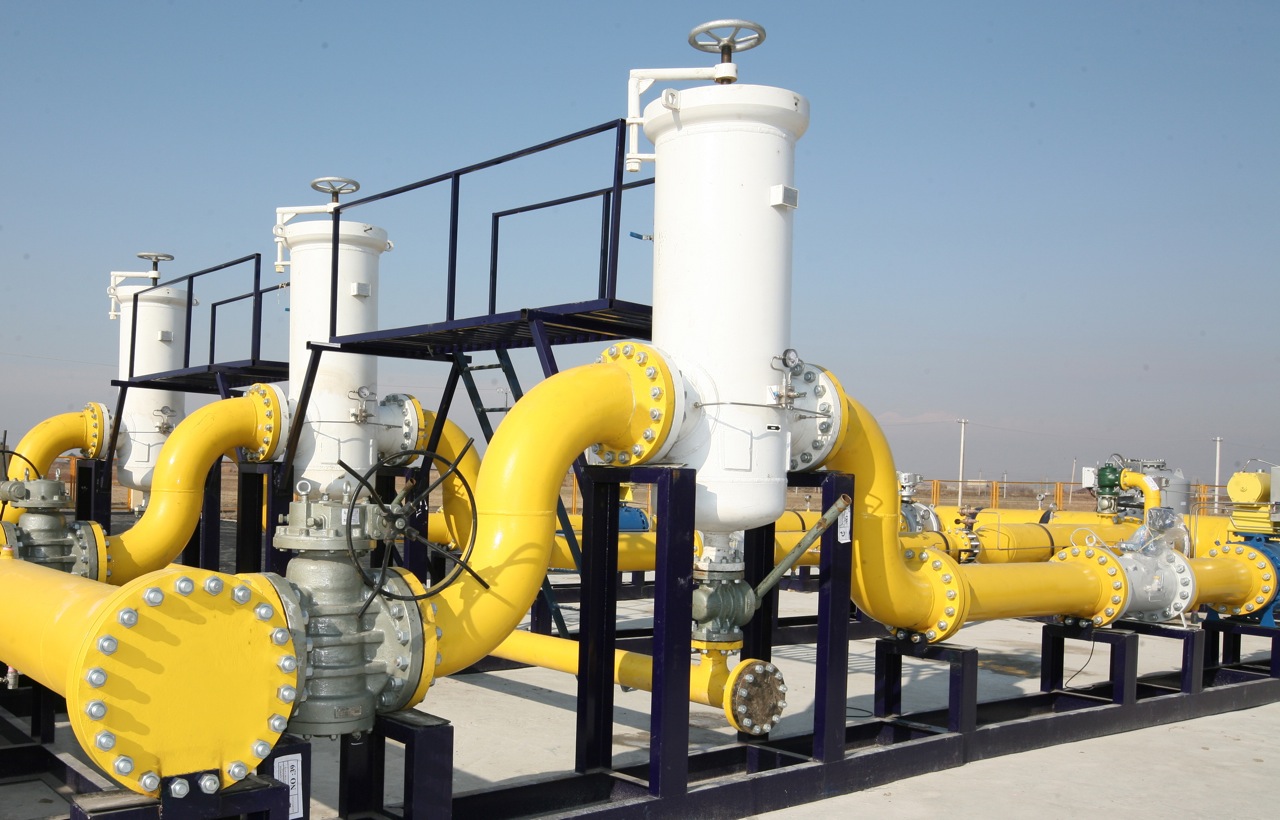
Polish Government Defends Nontransparent Gas Agreement with Russia
Publication: Eurasia Daily Monitor Volume: 7 Issue: 198
By:

The Russian-Polish gas agreements (“Russian-Polish Gas Agreement Leaves Key Questions Unanswered,” EDM, November 2) mark an unprecedented turnabout by the Polish government, siding with Russia and Gazprom despite the European Commission’s cautionary advice (EDM, October 4, 5). The Commission’s concerns are of a legal and technical nature, focusing on the implementation of European energy market legislation. The Polish government’s motivations, however, are partly political in signing this agreement as an aspect of resetting its relations with Russia.
The commission in Brussels had asked to see the gas agreements’ texts prior to their signing, but the Polish government withheld them. It has only forwarded summaries of the documents, which the commission deems insufficient for a review of the real implications of these agreements. The commission warned publicly that it may take Poland to the European Court of Justice, unless the government provides the texts and they are found to be in compliance with European legislation.
The European Commission needs to be certain that the operator of the Yamal-Europe gas pipeline on Polish territory will be able independently to set the transit tariffs, determine the allocation of pipeline capacities for other suppliers, act transparently and post full information on the internet. According to the commission, these and other unclear issues in the Russian-Polish agreements “go to the heart of the EU’s energy market legislation,” and ought to be implemented in Poland as well. Commission officials also note that the independence of the pipeline operator, open access by gas suppliers to this pipeline, and competition on Poland’s gas market, would serve the interests of Polish consumers and provide alternative options in the event of supply disruptions (PAP, October 27; Rzeczpospolita, October 28; Frankfurter Allgemeine Zeitung, October 29).
At the signing event in Warsaw, however, Russian Deputy Prime Minister, Igor Sechin, and Gazprom’s Vice-President, Aleksandr Medvedev, supported what appears to be a predominant view in the Polish government: namely, that the EU knows all it needs to know already, and did not have to review the agreements’ actual texts prior to their signing. Transparency did not improve even after the Polish Prime Minister, Donald Tusk, visited Brussels for a top-level EU meeting on October 28, the day before the signing event in Warsaw. He then discussed the gas agreements in a mutually congratulatory call with Russian Prime Minister, Vladimir Putin, on October 29 (Interfax, PAP, October 29).
Russian and Polish officials claim in unison that these agreements guarantee Poland’s supply security for a long time to come. Prime Ministers Putin and Tusk, Deputy Prime Ministers, Waldemar Pawlak (chief Polish negotiator) and Igor Sechin, as well as Gazprom and PGNIG top management officials offer this shared view (PAP, Interfax, RIA Novosti, October 29). This is a rare case of a Central European government professing full confidence in the monopoly supplier Gazprom.
The Polish government takes the position that the European Commission is not entitled to see the agreements’ texts. Government officials argue that the agreements are a matter of Polish civil law and contain commercial secrets. Polish officials further note that EU officials sat in some of the negotiating rounds (PAP, Bloomberg, October 28, 29). The commission, however, must still ascertain the agreements’ conformity with European law.
Polish officials score a debating point by saying that the Russo-German gas pipeline Nord Stream is exempt from some requirements under European law, notably from third-party access. However, Central European countries would only at their own peril turn their back on the EU for separate deals with Gazprom. The Polish foreign ministry under Radoslaw Sikorski had consistently sought to align the government’s position with that of the EU. Ultimately, the position represented by Pawlak prevailed with Tusk’s support.
Leading the Russian delegation for the Warsaw signing event, Sechin discussed oil deliveries to Polish refineries and possible participation of Russian companies in tenders for stakes in Polish oil refineries (Sechin himself is the chairman of the board of Rosneft). Sechin also invited Polish participation in the proposed construction of a nuclear power plant in Russia’s Kaliningrad region (Interfax, RIA Novosti, October 29). These public suggestions seem designed in part for wedge-drawing between Poland and Lithuania. Concerns are mounting that Poland’s PKN Orlen (in which the government has the decisive say) is considering selling its Mazeikiai refinery in Lithuania to what can only be Russian buyers. Moscow’s proposed Kaliningrad nuclear power plant is intended to preempt Lithuanian intentions to build a nuclear plant in the country with international investors.
Russian Foreign Minister, Sergei Lavrov, visited Warsaw on October 28, celebrating the gas agreements’ signing the next day, and in preparation for an early December visit by President, Dmitry Medvedev, to Poland. The gas agreements will undoubtedly be showcased during that visit to demonstrate that the reset policy can work.




